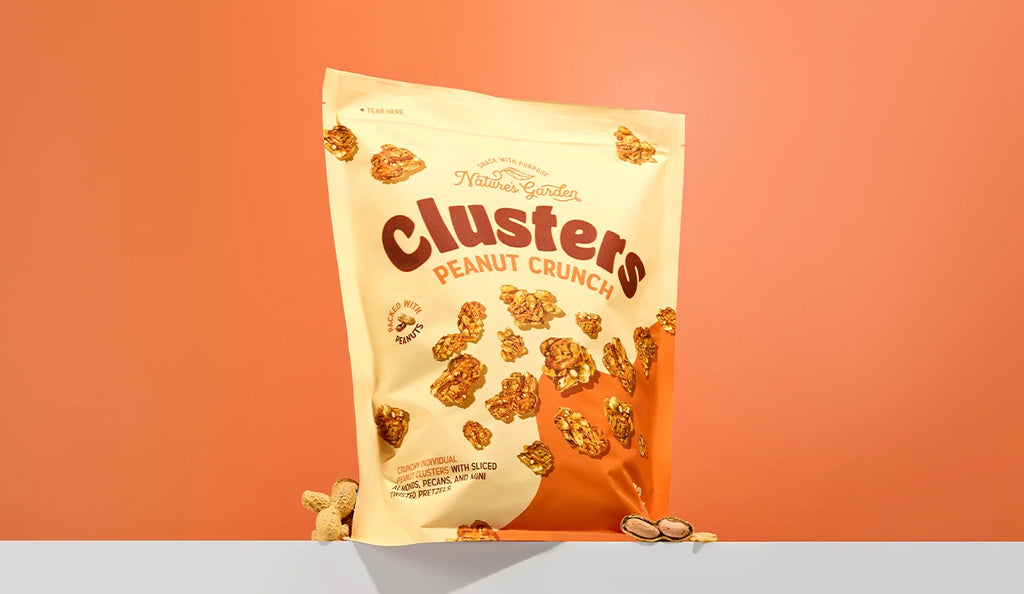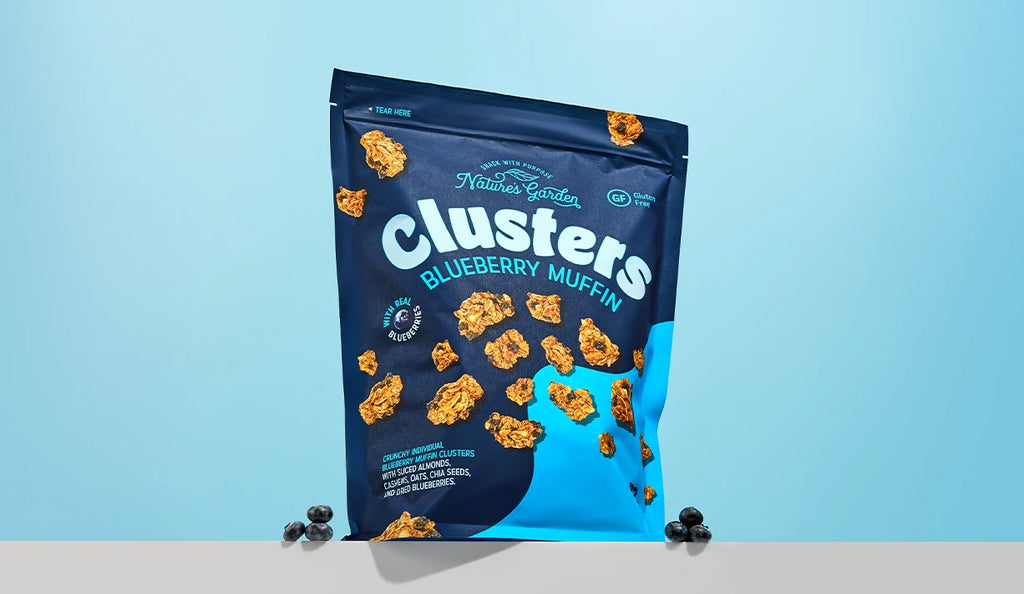Depression is one of the most common mental health disorders in the United States. It is estimated that around 7% of adults suffer from major depression, and many more experience some form of depressive disorder. While there are many treatments available for depression, such as medication and therapy, some people may prefer to try a natural treatment first. Omega-3 fatty acids are polyunsaturated fats that are essential for the body and have been studied to be effective in helping treat symptoms of depression. In this blog post, we will discuss the best omega-3 sources, the mental benefits of omega-3, and some delicious omega-3 snacks! Here at Nature’s Garden, we know that omega-3 sources are so important for overall health, which is why many of our trail mixes have functional ingredients with omega-3 fatty acid benefits.
What are Omega-3 Fatty Acid Rich Foods?
Alpha-linolenic acid (ALA), eicosapentaenoic acid (EPA), and docosahexaenoic acid (DHA) are all types of omega-3 fatty acids. ALA is found in plant sources, while EPA and DHA come mostly from animal sources, however, some plant-based foods contain these nutrients. While there are supplements that contain omega-3’s, it is recommended to get these sources from whole food sources as part of a heart-healthy diet.
Omega-3 fatty acid-rich foods can help you meet your daily requirements of ALA, EPA, and DHA.
ALA Food Sources:
- Flaxseeds
- Chia seeds
- Hemp seeds
- Walnuts
EPA and DHA Food Sources:
- Salmon
- Sardines
- Herring
- Mackerel
- Shellfish
- Soybeans
- Kidney beans
- Wheat germ
There are also many delicious omega 3 snacks available including our Nature’s Garden Omega-3 Deluxe Mix is just what you need. With 1,000mg omega-3, 4g protein, and only 180 calories per serving, this trail mix is the perfect addition to a morning bowl of oatmeal, an afternoon yogurt bowl, or to be eaten alone as a snack. This mix gets its high omega-3 content from the servings of almonds and walnuts in each pack.
Are Omega-3 Sources Good for Depression and Anxiety?
Many researchers are currently predicting that omega-3 intake helps to strengthen the membrane structures in the brain which works to improve the transmission of neurotransmitters. This, in turn, is one of the many reasons omega-3 fatty acids have many mental health benefits including:
- Improvement in mood
- Reduction in stress
- Reduction in anxiety
- Improvement in cognitive function
- Improvement in depressive symptoms
There is current research suggesting an association between including omega-3 fatty acid food sources in the diet and a reduced risk for depression. Omega-3 fatty acids may also rebalance the neurotransmitters in the brain such as dopamine and serotonin to improve mood, motivation, and one’s overall emotional state.
How Much Omega-3 Fatty Acids Should be Consumed per day?
Omega-3 fatty acid-rich foods can help you meet your daily requirements! There are general recommended guidelines for omega 3 for different individuals, but it is always best to meet with your doctor or a registered dietitian if you think you may be deficient or need help incorporating more food sources into your diet.
The National Institute of Health (NIH) recommends the following amount of total omega-3 per day as an adequate intake (AI).
- Men: 1.6 grams
- Women: 1.1 grams
- Pregnant teens and women: 1.4 grams
- Breastfeeding teens and women: 1.3 grams
If you are, or if you know a woman who is pregnant, check out our article, Omega 3 During Pregnancy: The Benefits for Mom and Baby, for more information on omega-3 during pregnancy.
Additionally, if you have children at home and are worried they might not consume enough omega-3 fatty acid sources, check out our recent article, Unlock the Power of Omega 3s: The Easiest Way to Get These Nutrients, to learn more.
Be sure to talk to your doctor before starting any new treatment, and start including more delicious omega 3 foods and snacks into your diet!
What are some of your favorite omega-3-rich meals or snacks? Let us know in the comments below!

















